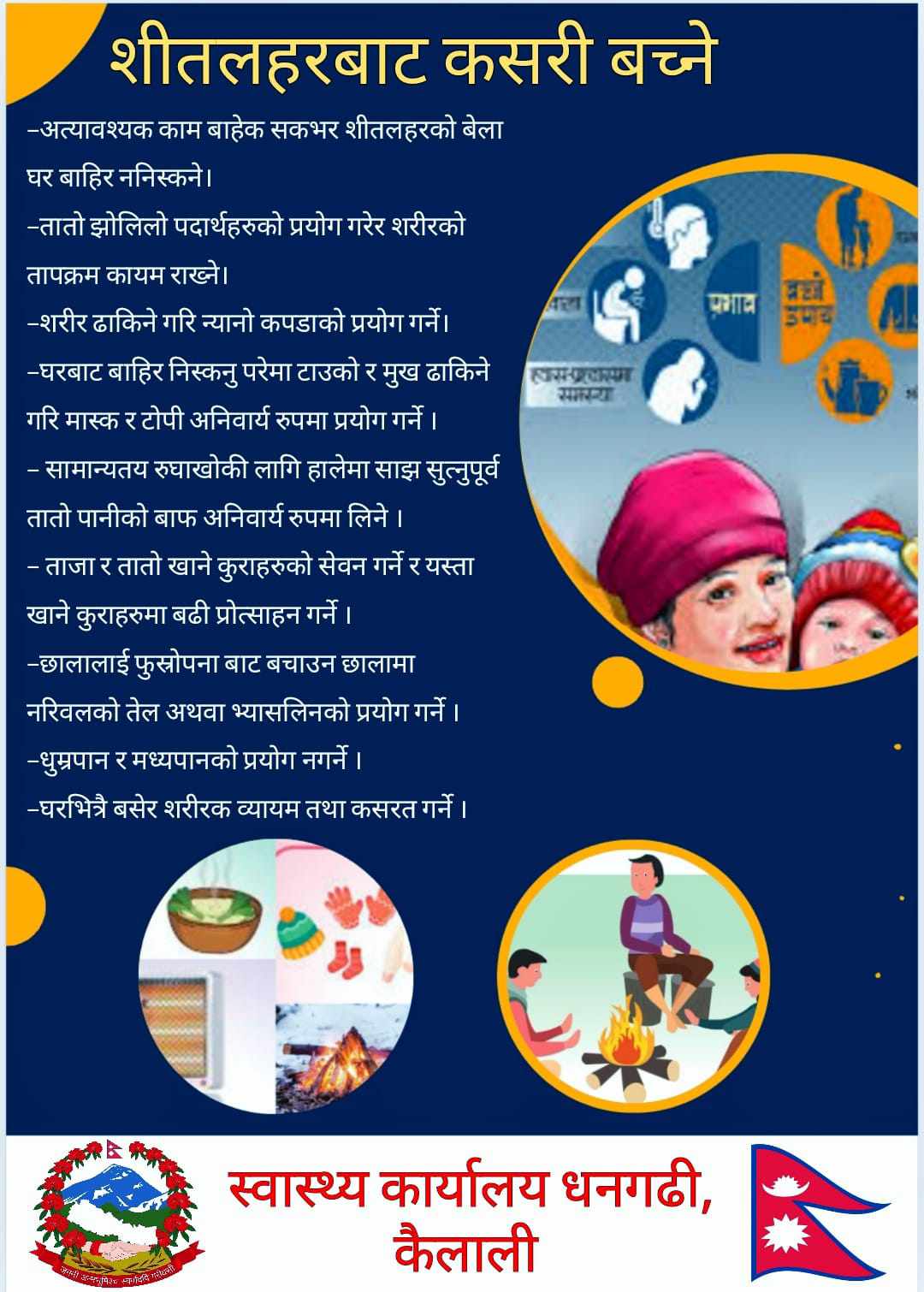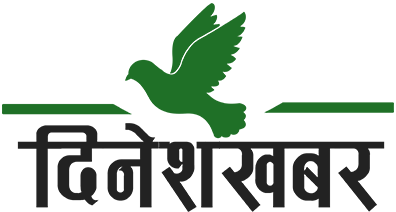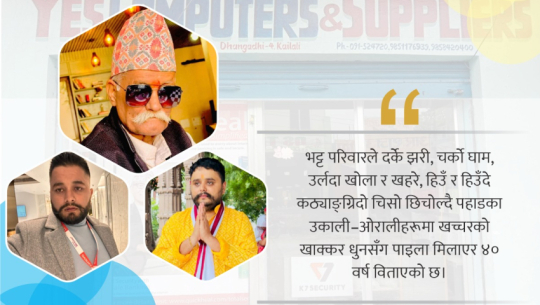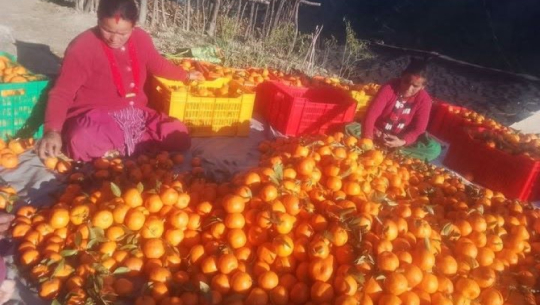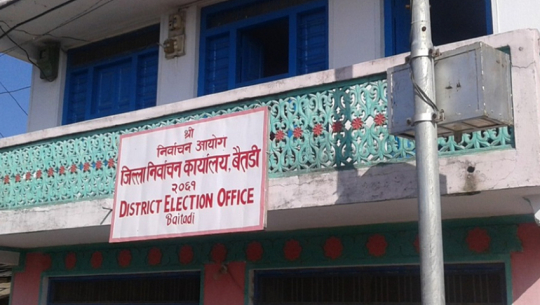Kanchanpur falls short of revenue collection target amid economic slowdown

Kanchanpur: Revenue collection in Kanchanpur has fallen short of the target for the current fiscal year, despite the government’s ongoing efforts to revitalize the economy following the slowdown caused by the COVID-19 pandemic.
The Kanchanpur Customs Office collected only Rs 490 million by mid-Baisakh, significantly below the target of Rs 740 million. Customs Office Chief Rajan Babu Kafle said the shortfall is largely due to a decline in both imports and exports, with exports currently at zero.
“After Corona, exports are zero, while imports have also decreased. That is why revenue collection is not being achieved as per target,” Kafle stated. He added that although the revenue collection target is increased every year by the department, the limited scale of operations at the small customs office makes meeting the target challenging.
Kafle cited several contributing factors, including the absence of large-scale businesses, limited entry of large freight vehicles, and restricted operating hours at the Sharda Barrage. Historical data reflects a consistent shortfall in meeting targets: in FY 2078/79, the target was Rs 520 million but only Rs 460 million was collected; in FY 2079/80, Rs 420 million was collected against a target of Rs 580 million; and in FY 2080/81, the collection remained at Rs 540 million.
According to data from the Inland Revenue Office and the Tax Service Office, the Far West region had a revenue collection target of Rs 5 billion by mid-Baisakh. However, a shortfall has been recorded in several districts: 2.45% in Doti, 0.93% in Kanchanpur, 16.6% in Lamki, 4.13% in Kailali, and 2.94% in Achham.
Information Officer Bijay Bhusal attributed the decline in Kanchanpur’s revenue to delays in payments to contractors, reduced turnover, and lower excise duty collection. By mid-Baisakh of the current fiscal year, only Rs 1.81 billion had been collected, compared to Rs 1.82 billion in the same period last year. Bhusal further stated that the turnover of taxpayers with annual revenues above Rs 50 million decreased by approximately Rs 3.6 billion compared to the previous year.
Another significant factor affecting revenue collection was the temporary budget crisis in the Sudurpaschim Province. A political deadlock left the province without an approved budget for a month at the beginning of the fiscal year, halting most economic activities.
Local business leaders point to structural issues. Janga Bahadur Malla, central member of the Federation of Nepalese Chambers of Commerce and Industry, said that the Far West lacks major trade points, with Gaddachauki being too small and the Sharda Barrage open only for limited hours.
“The government only increases the revenue collection target every year, but revenue collection has decreased as business transactions have dropped,” Malla said. He emphasized that revenue collection could improve if the government addressed issues such as smuggling and unregulated trade at border points.

